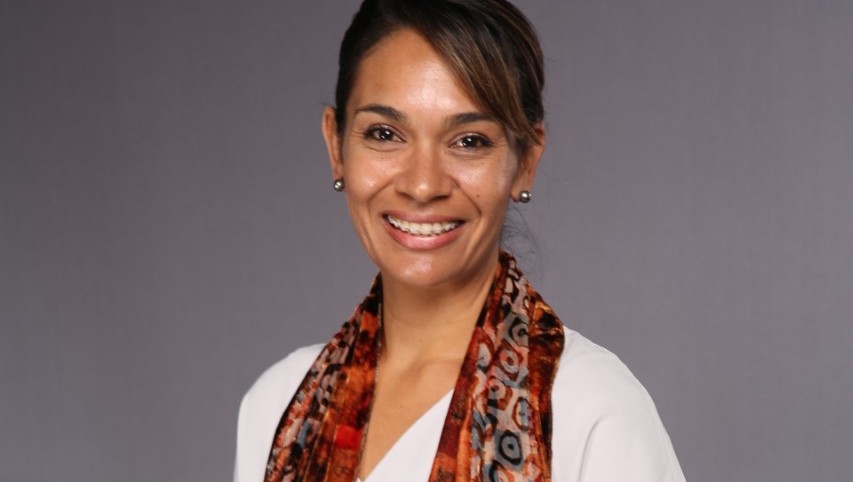
Dr. Kaiwipunikauikawēkiu Lipe: Higher Ed for What?
“Mommy, do I have to go to college?” While the question itself stopped me in my tracks, what surprised me even more was how much I hesitated before answering my 9-year-old daughter.
On the one hand, it should have been an easy “yes.” For starters, we are a family steeped in higher education. Both of my parents, who were first generation college graduates and PhDs, spent their lives using those extra letters behind their name to advocate for and make change in their communities. My husband and I have followed suit, dedicating our careers to supporting the success of Indigenous students in higher education while simultaneously working to transform our institutions to become more equitable. Needless to say, part of the reason my daughter’s question stopped me in my tracks was that I thought the answer was obvious.
So why did I hesitate? Well, there are a lot of reasons for that, too. While I am immensely grateful and proud of my mom’s accomplishments as one of the first Native Hawaiian female PhDs in the world, I have seen firsthand how her dedication to the University has taken a toll on her physically and emotionally. I’m already feeling that exhaustion too. For example, for all the years I’ve been at my university, almost nobody says my name correctly even though Hawaiian is one of two recognized official state languages. Can you imagine having your name mispronounced day in and day out with no end in sight? The list goes on with the type of not-so-micro-aggressions experienced by myself and other Hawaiians on a daily basis (As Dr. Gail Christopher points out, are they really micro?). Of course there are larger systemic problems of racism, sexism, heteropatriarchy and more that are our daily experiences. There are the ways that Native Hawaiian and other ways of knowing, doing, and being are still largely erased, ignored, and dismissed throughout our university. It is for all these reasons that I hesitated because I know that whether my daughter goes to college at my university or another one, these acute experiences will pile on top of “everyday” experiences with the many isms. How could I want that for my beautiful brilliant baby girl? Why would I want her to access that?
But there’s something else as well. Largely because of my partnership with my husband over the last 17 years and a number of “aha” moments in the last several years, I now look at success in a different light. Between my husband’s decades-long focus on Indigenous resource management and the work of colleagues on climate change, I’m beginning to understand ‘success’ to be about having the skills to feed my family locally, being in sustainable care with our environment, protecting my family in the face of major climatic disruptions, and bringing people together to do that in a collective and loving way. And when I look at all the universities I know of, I’m not sure that my daughter is going to find these skills at any of them.
So the question becomes: why do I continue working in higher ed? The short answer is, hope. I have witnessed first-hand how higher education can be a powerful tool of change and transformation for individuals and communities. I also have hope because I know that the Indigenous knowledge of every place around the world can save us from our many challenges and that through the work of people like my mom, that invaluable Indigenous knowledge is finding a way into higher education to shape the next generation.
Finally, my climate change colleague, Dr. Chip Fletcher, reminds me that we cannot only have hope; we must also have courage. I have found my courage through the collaborative work of the Truth, Racial Healing, and Transformation (TRHT) Campus Centers. The TRHT framework and national network gives me courage, and so does the Hawai‘i-grown approach and team we’ve built that focuses on healing from the “isms” through an Indigenous lens of relationality to both people and place.
When my daughter asked me about going to college, it was before I started my TRHT journey. Three years into our TRHT work, I am less hesitant about saying “yes” and actually get excited about the possibilities for her. I hope you join our TRHT talk with the Pullias Center on September 15th to learn more. Aloha!
Dr. Kaiwipunikauikawēkiu Lipe is the Native Hawaiian Affairs Program Officer at the University of Hawai‘i at Mānoa (UHM) Chancellor’s Office and the director of UHM’s Truth, Racial Healing, and Transformation Campus Center. Dr. Lipe is a featured presenter for the 42nd Pullias Lecture.